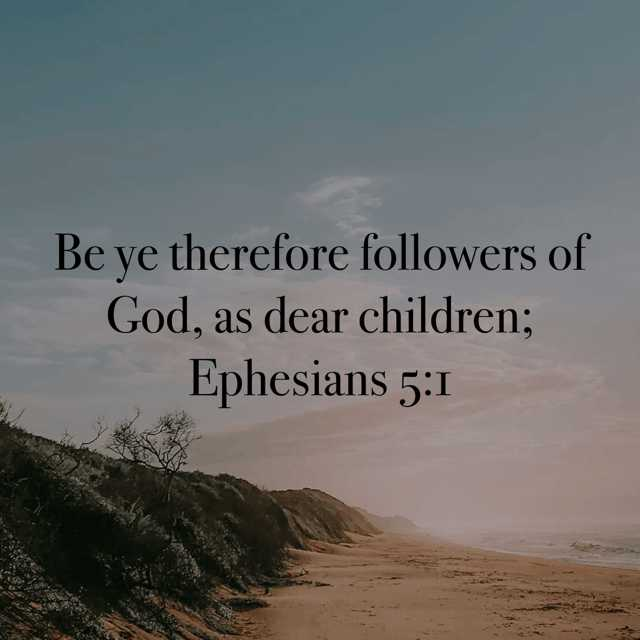I will share about Christian books I have read or listened to.
I will be sharing about my life before and after Christ. I will include stories about my pet and other pets I have encountered.
The Measure of Grace
At first glance, it’s easy to misinterpret Matthew 7:1 as a pass to disregard accountability for sinful actions, a license to turn a blind eye to wrongdoing. But when we take a closer look, Jesus' words in this parable aren't an endorsement of moral indifference.
The Greek word "κρίνετε" (krinete), translated as "judge," means “to form a condemning opinion about someone without knowledge.”
Jesus isn't advocating against fair and righteous judgment (John 7:24). We know this because, in this same chapter of Matthew 7, Jesus tells His followers to judge (Matthew 7:16).
So, are we to judge, or are we not to judge?
Jesus cautions against judging others unfairly, we should instead lean on the Holy Spirit to practice good judgment.
This verse isn't a call for us to abandon discernment, though; rather, it's an invitation to wield it with compassion and understanding. It should compel Christ’s followers, even today, to reflect on the measure we use:
Are we quick to condemn or eager to discern with grace? Are our judgments tempered with empathy?
Think for a moment: Where have you been quick to condemn others without full understanding or accurate knowledge? How can you lead with compassion instead of a judgmental attitude?
“Now they which were scattered abroad upon the persecution that arose about Stephen travelled as far as Phenice, and Cyprus, and Antioch, preaching the word to none but unto the Jews only. And some of them were men of Cyprus and Cyrene, which, when they were come to Antioch, spake unto the Grecians, preaching the Lord Jesus. And the hand of the Lord was with them: and a great number believed, and turned unto the Lord. Then tidings of these things came unto the ears of the church which was in Jerusalem: and they sent forth Barnabas, that he should go as far as Antioch. Who, when he came, and had seen the grace of God, was glad, and exhorted them all, that with purpose of heart they would cleave unto the Lord. For he was a good man, and full of the Holy Ghost and of faith: and much people was added unto the Lord. Then departed Barnabas to Tarsus, for to seek Saul: and when he had found him, he brought him unto Antioch. And it came to pass, that a whole year they assembled themselves with...















